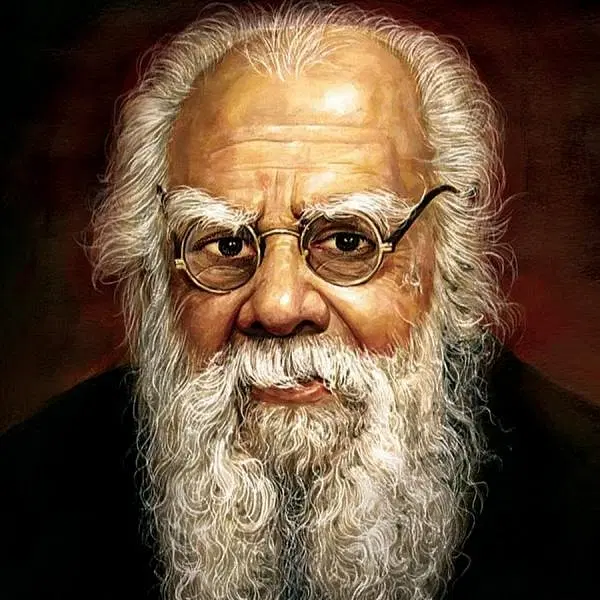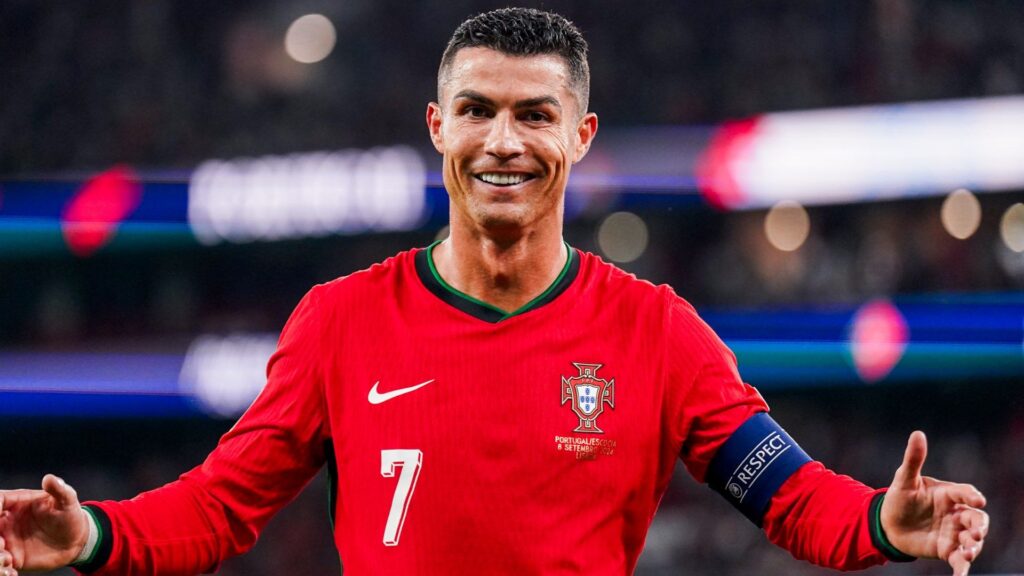E.V.Ramasamy
HISTORY

E.V. Ramasamy, commonly known as Periyar, was a prominent social activist and politician in India, particularly in the southern state of Tamil Nadu. He played a significant role in the socio-political and cultural transformation of Tamil Nadu during the 20th century.
Overview of his life and contributions:
Early Life: Erode Venkata Ramasamy was born on September 17, 1879, in Erode, Tamil Nadu, which was then part of the Madras Presidency under British colonial rule. He came from a middle-class family and received a basic education.
Self-Improvement: Despite his limited formal education, Periyar was a self-learned individual. He read extensively and was influenced by the works of social reformers like Jyotirao Phule and Dr. B.R. Ambedkar. These influences shaped his later activism.
Political Awakening: Periyar began his political career as a member of the Indian National Congress but later became disillusioned with the party’s approach to social justice issues, particularly caste-based discrimination. He also opposed the dominance of Brahminism in Tamil society.
Dravidar Kazhagam: In 1944, Periyar founded the Dravidar Kazhagam (DK), a social and political organization dedicated to promoting the rights of Dravidians (the non-Brahmin communities of South India). The DK advocated for social equality, rationalism, and the eradication of caste-based discrimination.
Anti-Brahmin Movement: Periyar’s efforts led to the rise of the Anti-Brahmin movement in Tamil Nadu, which aimed to challenge the privileges enjoyed by Brahmins in various aspects of society. He organized several agitations, protests, and rallies against caste hierarchy and the Brahminical dominance in Tamil Nadu.
Rationalism and Atheism: Periyar was a staunch advocate of rationalism and atheism. He openly criticized religious practices and superstitions, advocating for the rejection of religious beliefs that perpetuated inequality.
Self-Respect Movement: Under the DK, Periyar initiated the Self-Respect Movement, which emphasized self-respect and dignity for all individuals, regardless of their caste or social background. The movement aimed to create a society where everyone was treated with equal respect.
Iconoclasm: Periyar was known for his controversial acts of iconoclasm, where he and his followers would desecrate or destroy religious idols and symbols to challenge the hold of religion on society. These actions stirred considerable controversy.
Social Reforms: Periyar’s activism led to significant social reforms in Tamil Nadu, including the promotion of inter-caste marriages, the establishment of reservations for lower-caste communities in education and employment, and the introduction of the “Self-Respect Marriage” for inter-caste couples.
Legacy: Periyar’s influence on Tamil Nadu’s politics and society is profound. He is often regarded as the father of the Dravidian movement, which eventually led to the formation of the Dravida Munnetra Kazhagam (DMK) and the All India Anna Dravida Munnetra Kazhagam (AIADMK), two major political parties in the state.
Today Breaking News
Virat Kohli, born on November 5, 1988, in Delhi, India, is one of the greatest cricketers of all time and a former captain of the Indian cricket team. Known for his aggressive style of play, extraordinary consistency, and fitness, Kohli has broken numerous records in international cricket and remains a global icon in the sport. […]
He Born on February 5, 1985, in Funchal, Madeira, Portugal, is widely regarded as one of the greatest footballers of all time His career has been marked by a relentless drive for success, exceptional athleticism, and an extraordinary ability to score goals. Here’s a detailed history of his life and football career: Early Life and […]
The earthquake struck at 4.33 am today. An earthquake struck Leh in Ladakh this morning. The National Seismological Center reported that the magnitude of the earthquake was 4.5 on the Richter scale, which occurred at 4.33 am. The earthquake was centered at a depth of 5 km in Levee. Although buildings were slightly shaken due […]


